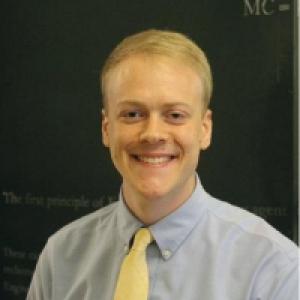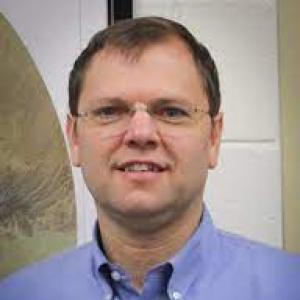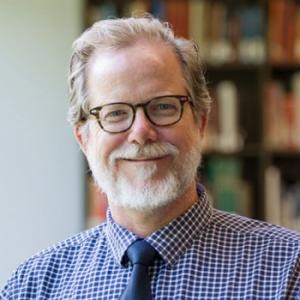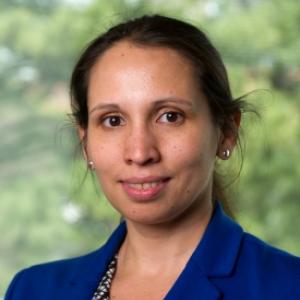Leigh McCook, principal research associate at Georgia Tech, also serves as deputy director for IPaT, director of STEM programs for the Georgia Tech Research Institute (GTRI), and previously served as division chief for fifteen years in GTRI’s socio-technical systems division in the Information and Communications Lab. She has been with Georgia Tech for more than 30 years.
As deputy director in IPaT, McCook works to build new research partnerships across campus as well as develop government, industry, and international programs. While she continues to conduct research, McCook's focus has centered on growing IPaT’s research portfolio of state government and industry projects, particularly in education, humanitarian systems, health and smart cities.
McCook’s GTRI activities include directing research and outreach programs for regional and national centers and managing a variety of research and STEM programs funded by federal, state, and local agencies.
Her career expertise includes technology transfer, research translation, outreach, planning, and program management, specifically in areas related to emergency preparedness and response, homeland security, community resiliency, and education. She has managed researchers working a variety of programs in health, learning technology, planning, technology assessment, and integration, policy analysis and research, technology transfer, education, training, public safety, humanitarian, and emergency response.
McCook served as program manager for the Georgia Emergency Management Agency (GEMA) Homeland Security/Emergency Response programs at the Georgia Tech Research Institute since 2000. Twenty years of program support to GEMA has resulted in over $53M work of funded project work at GTRI.
McCook’s experience also includes having served as associate director for technology transfer and outreach for EPA’s Hazardous Substance Research Centers (South & Southwest). In this capacity she led technology transfer, research translation, and outreach activities for the five-university consortium.
McCook has served as principal investigator (PI) or co-PI on projects for the Centers for Disease Control and Prevention, the Georgia Department and Family and Child Services, the Governor’s Office of Student Achievement, the Atlanta Urban Area Security Initiative, and the Department of Homeland Security (DHS) Southeast Regional Research Initiative.










